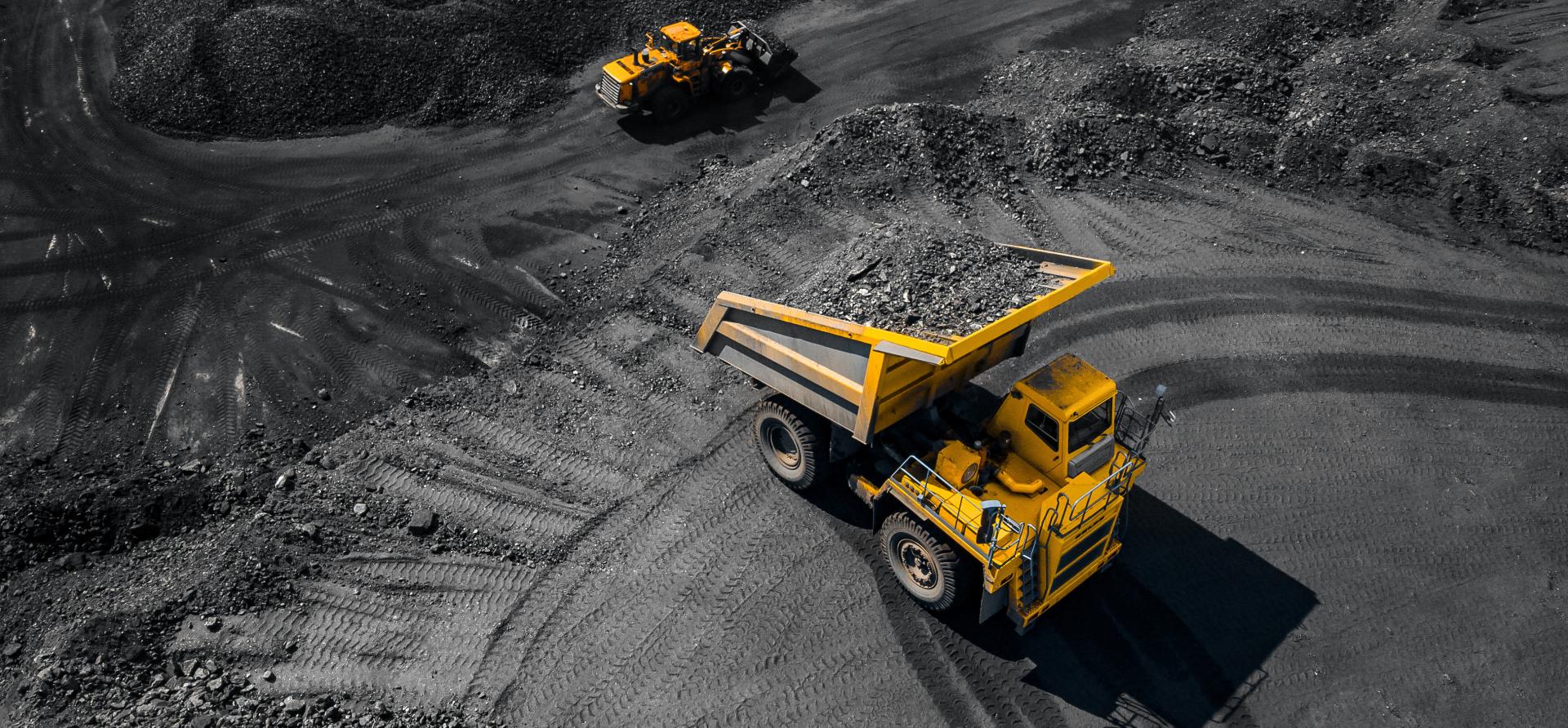Adani: Remote prospect: Carmichael status update 2017
Download Full Report
View Press Release

Key Findings
In August 2010, Adani Enterprises acquired the Galilee Basin Carmichael export thermal coal proposal for a total of A$680m via its Australian subsidiary Adani Mining Pty Ltd.
While the Carmichael project has failed to materially progress, developments relating to the Indian parent entities are even more telling about the rapidly shifting investment landscape.
Executive Summary
Shareholders and financiers of Adani Enterprises face substantial risks due to the company’s continuing development of the controversy-plagued Carmichael coal project in the face of major adverse structural shifts in market conditions.
The proposed mine remains a high-cost, high-risk project that is reliant on substantial public subsidies for it to be remotely financially viable.
The proposed mine, in Australia’s remote Galilee Basin, remains a high-cost, high-risk project that is reliant on substantial public subsidies for it to be remotely financially viable. Even with concessional loans, IEEFA analysis shows the project is likely to be cash flow negative for the majority of its operating life.
Shifts in Indian energy policy and pricing have materially increased the risk of Carmichael becoming a stranded asset. Legal challenges and community opposition to the project persist and are likely to escalate if the project moves to construction.
With a market capitalisation of just US$1.9bn and net debt of US$2.5bn, Adani Enterprises Ltd will struggle to contribute equity for this A$5bn project. The project risks over-extending the balance sheet of Adani Enterprises to an extreme degree, creating a high level of financial risk to both shareholders and potential financiers.
The complex ownership structures involved in the project create the ability for downside risks to be transferred from privately held family companies to the publicly listed Adani Enterprises Ltd and Australian creditors, creating further risk for shareholders and investors.
Often stated to be the first in a line of projects that will open up the Galilee Basin, there is little chance of any other projects moving forward (refer Annexure I).
IEEFA has concluded that the project is not in the interests of Adani shareholders and is effectively unbankable without extensive taxpayer subsidies.
Please view full report PDF for references and sources.
Press release: IEEFA Press Release: Adani’s Carmichael Idea Is More Unbankable Than Ever

















